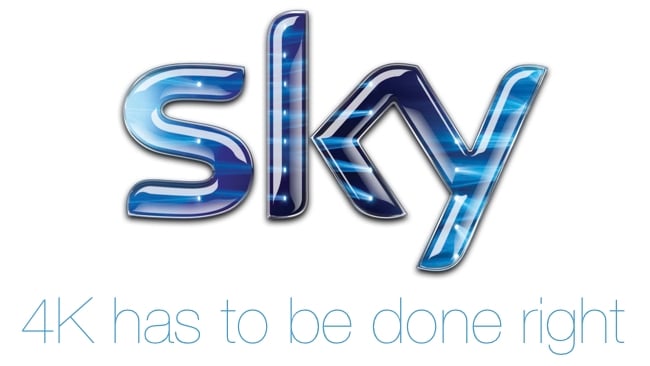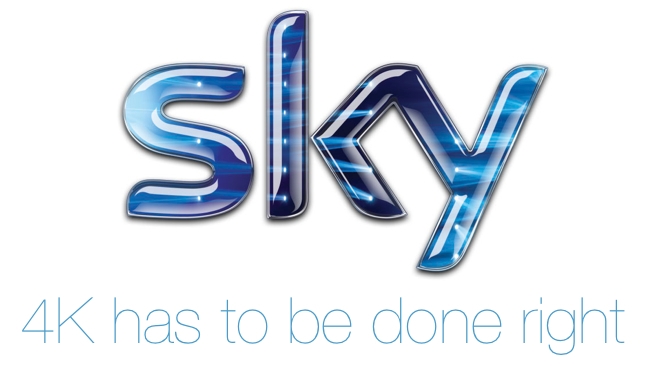
 Sky: 4K has to be done right
Sky: 4K has to be done right
Up to now, Sky (full name BSkyB), the UK-based satellite broadcaster has been silent on the subject of 4K, saying only that they are "looking at it", and given that you'd have to be in orbit round Neptune not to be "looking" at 4K, that doesn't tell us very much at all
But this is starting to change. According to the Hollywood Reporter, Sky's Chief Engineer for Broadcast Strategy, has shed some light on the ambitious broadcaster's 4K thinking.
Speaking at a recent address in London, Chris Johns said
"We've no plans to launch a UHD service at this point in time,” he stated. “It is still very early days. With HD we went through a two year test period. With 3D it was 18 months. We are still at that early phase so that when we are able to deliver a ‘beyond HD’ viewing experience we can deliver a high quality one"
Beyond HD
The Hollywood Reporter notes that Johns was keen to emphasise that Sky is keeping its options open by talking about "Beyond HD" (a phrase also used by the BBC) rather than 4K or Ultra HD, which could mean anything from the same resolution as HD but at higher frame rates, to 8K.
Apparently one of the issues with 4K is that the higher resolution of the new format means that fast-action footage calls for higher frame rates to deal with the issue of motion blur. The sharper the picture, it seems, the greater the visibility of blur, as movement between frames represents a greater number of pixels at the higher resolution. Higher frame rates are a "hard problem" because if you double the framerate, you have to double the quantity of information sent. BBC Research has even talked about 300Hz as the ideal HD (and presumably 4K) framerate. That would mean a data rate approximately 40 times that of a conventional HD signal, which is exactly the same as saying that it isn't going to happen for a while yet.
Sport = 60Hz and Drama = 24Hz?
So far, at least in the US, the broadcasters have traded resolution for framerate: 720p at 60Hz is used for sport, and it's a good compromise, because with fast-moving action, the ultimate resolution is less noticeable and the motion blur is minimised. You could understand it if broadcasters that rely heavily on sports coverage chose to upgrade to 1920 x 1080 at 60Hz in preference to 4K at 30Hz or 24Hz, and the chances are that most people would find this not only acceptable, but a significant improvement over what they're used to.
But for drama - and all types of film - perhaps 4K would be more appropriate. Because despite the availability of higher frame rates in the cinema, there is still strong consensus that - for whatever reason - 24Hz looks better than 48Hz or higher.
All of which goes to reiterate that there's more to perceived quality than the size of the pixel matrix.
Tags: Studio & Broadcast


Comments